10 Foods to Avoid with Gallbladder Issues
Gallbladder issues, such as gallstones, can cause pain and discomfort, and may require dietary changes to alleviate symptoms. By avoiding certain foods, you can help prevent gallbladder attacks and improve your overall health. Here are 10 foods to avoid if you have gallbladder issues.
Fried Foods
Fried foods are high in unhealthy fats and can contribute to gallbladder problems. Consuming large amounts of fried foods can lead to the formation of gallstones and trigger gallbladder attacks[[1]]. Opt for healthier cooking methods, such as baking, grilling, or steaming, to reduce your risk.
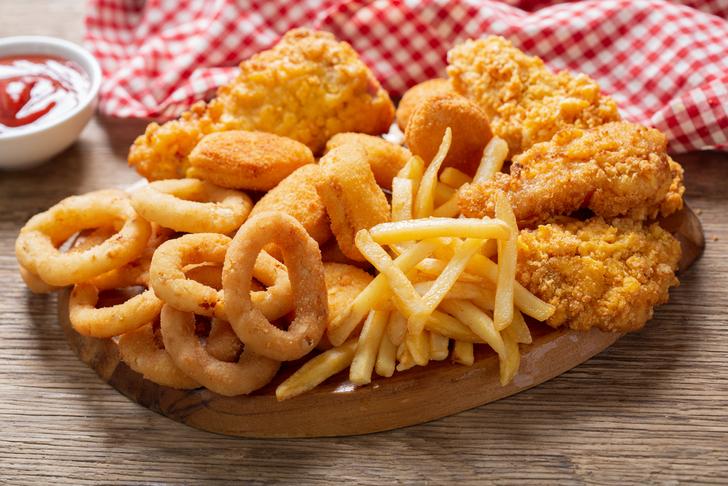
Advertisement
High-Fat Dairy Products
High-fat dairy products, such as whole milk, cheese, and ice cream, can exacerbate gallbladder issues. These foods are high in saturated fats, which can lead to the formation of gallstones[[2]]. Choose low-fat or fat-free dairy products to help alleviate symptoms and maintain a healthy gallbladder.
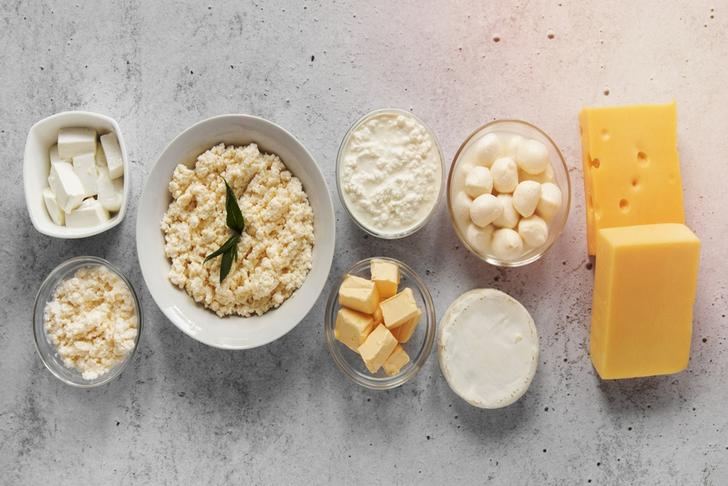
Advertisement
Processed Foods
Processed foods, such as chips, cookies, and fast food, are often high in unhealthy fats and can contribute to gallbladder problems. These foods can also be high in sodium, which can cause inflammation and increase the risk of gallstones[[3]]. Opt for whole, unprocessed foods to maintain a healthy gallbladder.
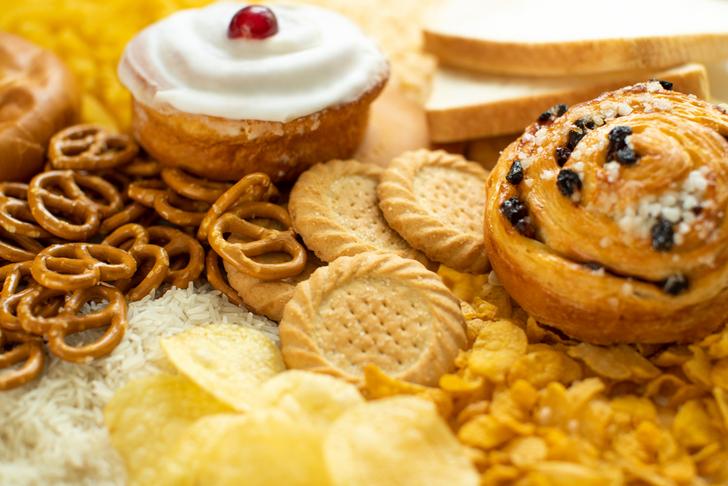
Advertisement
Red Meat
Red meat, particularly fatty cuts, can be high in saturated fats and may contribute to gallbladder issues. Consuming large amounts of red meat can increase the risk of gallstones and gallbladder attacks[[2]]. Choose lean cuts of meat, such as poultry or fish, and limit your consumption of red meat to maintain a healthy gallbladder.
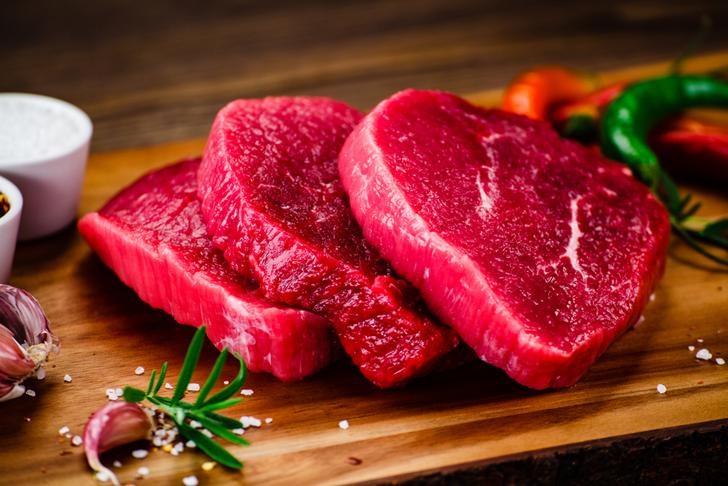
Advertisement
Sugary Foods
Sugary foods, such as candy, soda, and pastries, can contribute to gallbladder problems. Consuming large amounts of sugar can lead to weight gain and obesity, which are risk factors for gallstones[[1]]. Limit your intake of sugary foods and opt for healthier alternatives, such as fresh fruit, to maintain a healthy gallbladder.
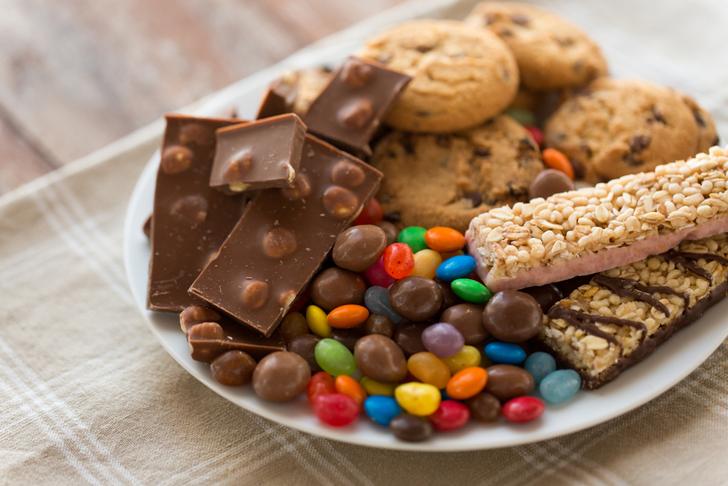
Advertisement
Refined Carbohydrates
Refined carbohydrates, such as white bread, pasta, and rice, can contribute to gallbladder issues. These foods can cause blood sugar spikes and may lead to weight gain, increasing the risk of gallstones[[3]]. Choose whole grains, such as brown rice and whole wheat bread, to maintain a healthy gallbladder.
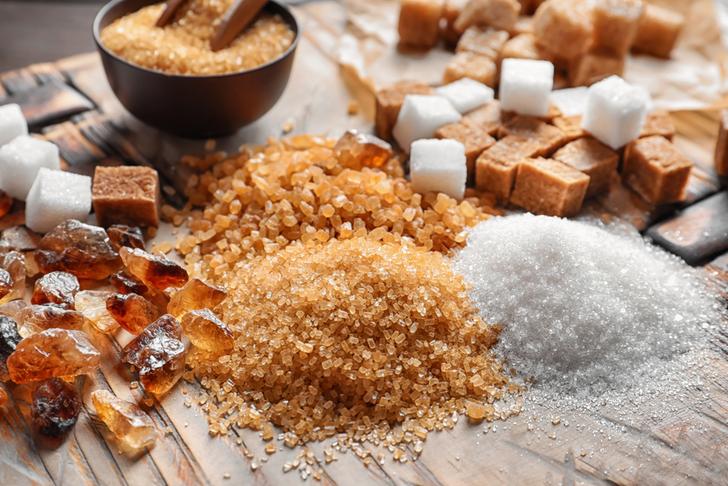
Advertisement
Alcohol
Excessive alcohol consumption can contribute to gallbladder issues, as it can cause inflammation and increase the risk of gallstones[[1]]. Limit your alcohol intake and opt for non-alcoholic beverages to maintain a healthy gallbladder.
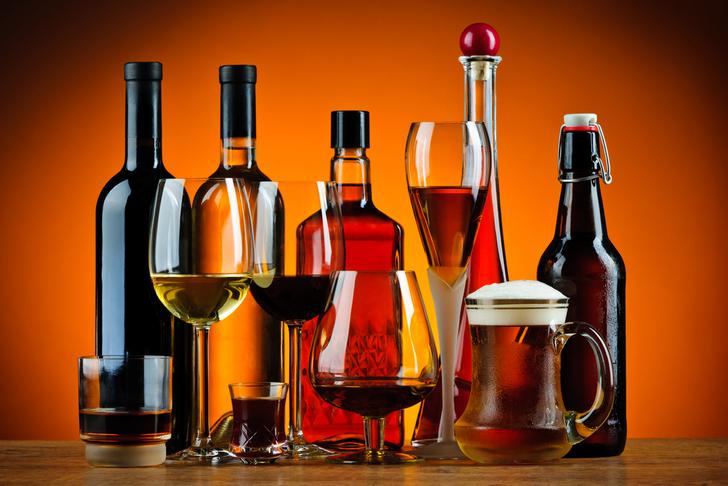
Advertisement
Caffeine
Caffeine can stimulate the gallbladder to contract, which may cause pain and discomfort in individuals with gallbladder issues[[2]]. Limit your intake of caffeinated beverages, such as coffee, tea, and energy drinks, to maintain a healthy gallbladder.
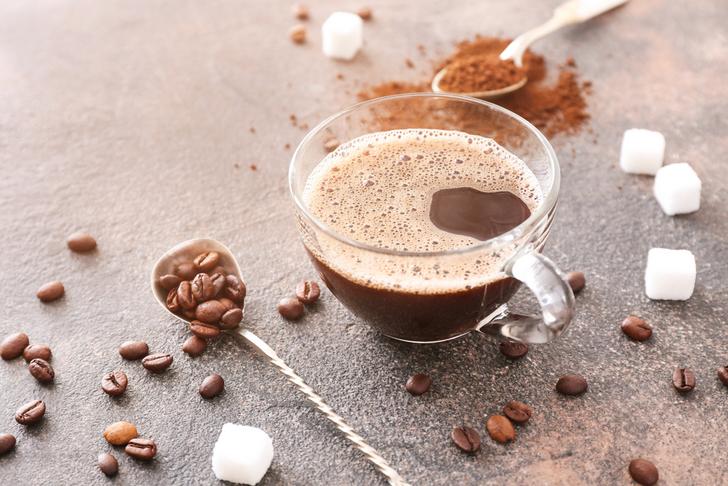
Advertisement
Spicy Foods
Spicy foods can cause discomfort and irritation in individuals with gallbladder issues. Consuming large amounts of spicy foods can trigger gallbladder attacks and exacerbate symptoms[[3]]. Limit your intake of spicy foods and opt for milder alternatives to maintain a healthy gallbladder.
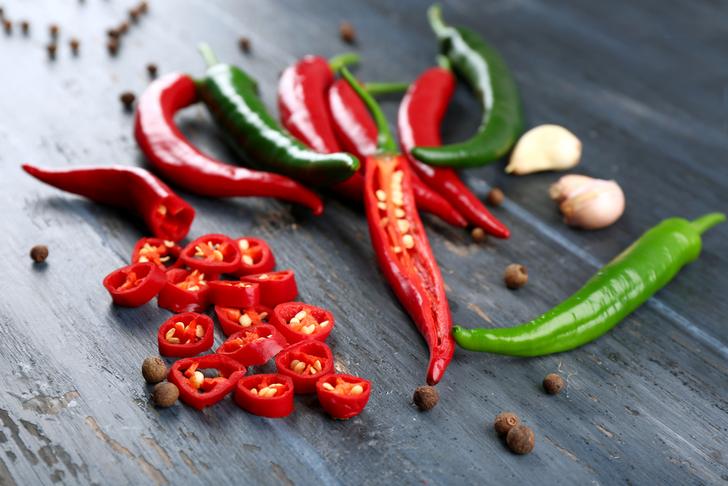
Advertisement
Hydrogenated Oils
Hydrogenated oils, such as margarine and shortening, are high in unhealthy fats and can contribute to gallbladder problems. These oils can increase the risk of gallstones and gallbladder attacks[[2]]. Choose healthier alternatives, such as olive oil or coconut oil, to maintain a healthy gallbladder.
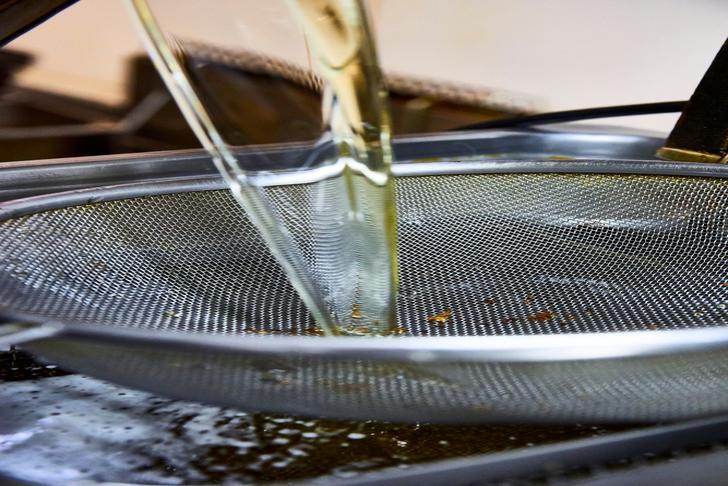
Advertisement
Conclusion
In conclusion, making dietary changes and avoiding certain foods can help alleviate gallbladder issues and improve overall health. By choosing healthier alternatives and limiting your intake of unhealthy fats, sugar, and processed foods, you can maintain a healthy gallbladder and reduce your risk of gallstones and gallbladder attacks.
Additionally, it’s important to note that gallbladder issues are not always solely caused by diet. Genetics, age, gender, and other factors can also contribute to your risk of developing gallstones and gallbladder problems. Furthermore, some individuals may be more sensitive to certain foods and need additional dietary modifications to alleviate their symptoms. Consulting with a healthcare professional or registered dietitian can help you tailor your diet to your unique needs and ensure optimal gallbladder health.
Aside from dietary changes, it is also crucial to maintain a healthy lifestyle that includes regular physical activity and stress management. Exercise can aid in maintaining a healthy body weight, essential in preventing gallstones and gallbladder issues. Aim for at least 150 minutes of moderate-intensity physical activity or 75 minutes of vigorous-intensity exercise per week to keep your gallbladder in top shape.
Moreover, taking care of your liver can also aid in maintaining a healthy gallbladder. Since the liver plays a significant role in digestion and detoxification, ensuring proper functioning can help avoid gallstone formation and other gallbladder-related issues. This can be achieved by consuming a diet rich in fruits, vegetables, lean proteins, and whole grains and minimizing the intake of toxins, such as alcohol and excessive amounts of medications.
Finally, it is crucial to monitor your symptoms and consult your healthcare provider if you notice any changes or worsening of your gallbladder issues. Early detection and intervention can lead to more effective treatment options and help prevent complications that may arise from neglected gallbladder problems.
In summary, an improved and tailored diet is vital in alleviating gallbladder issues and promoting better overall health. Alongside dietary changes, maintaining a healthy lifestyle through regular exercise, adequate stress management, and proper liver care can significantly improve your gallbladder’s health and prevent complications. Always consult a healthcare professional to ensure your dietary and lifestyle choices are best suited for your needs and conditions.
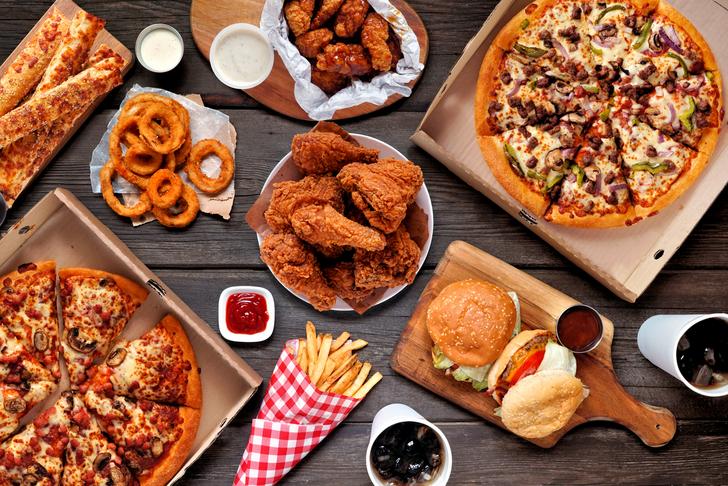
Advertisement





